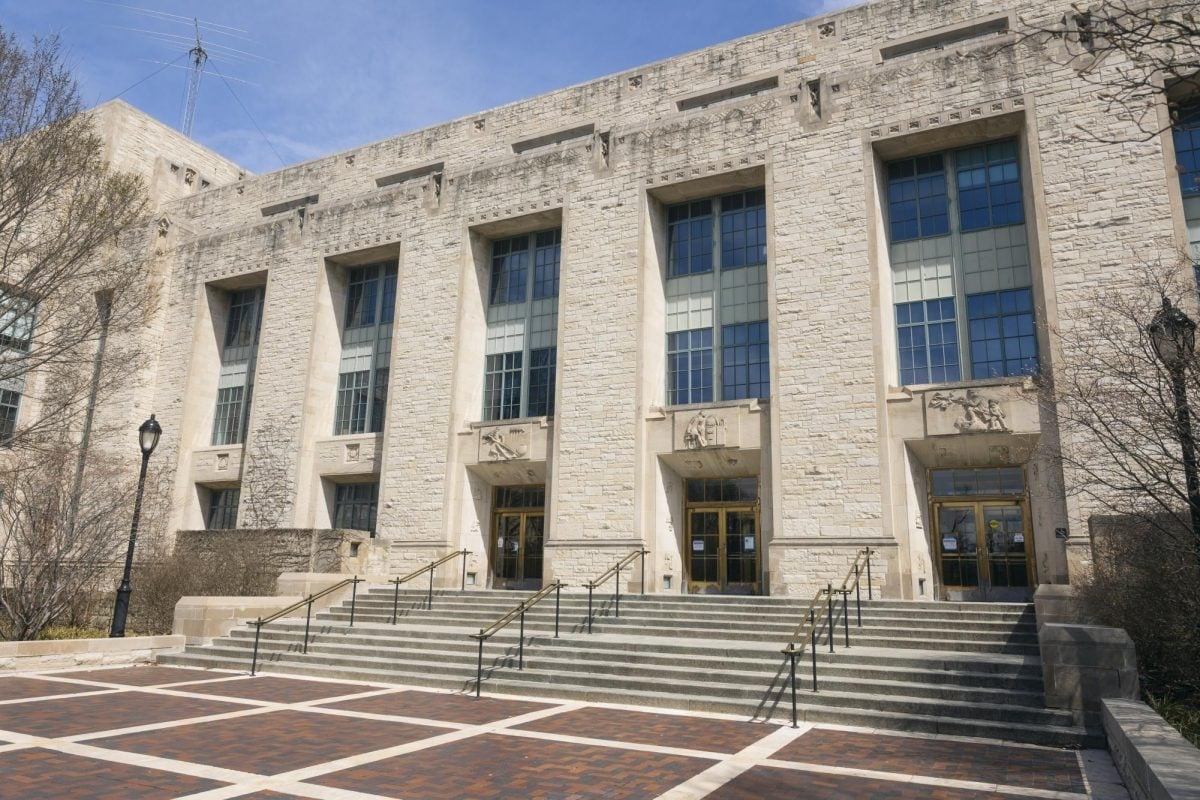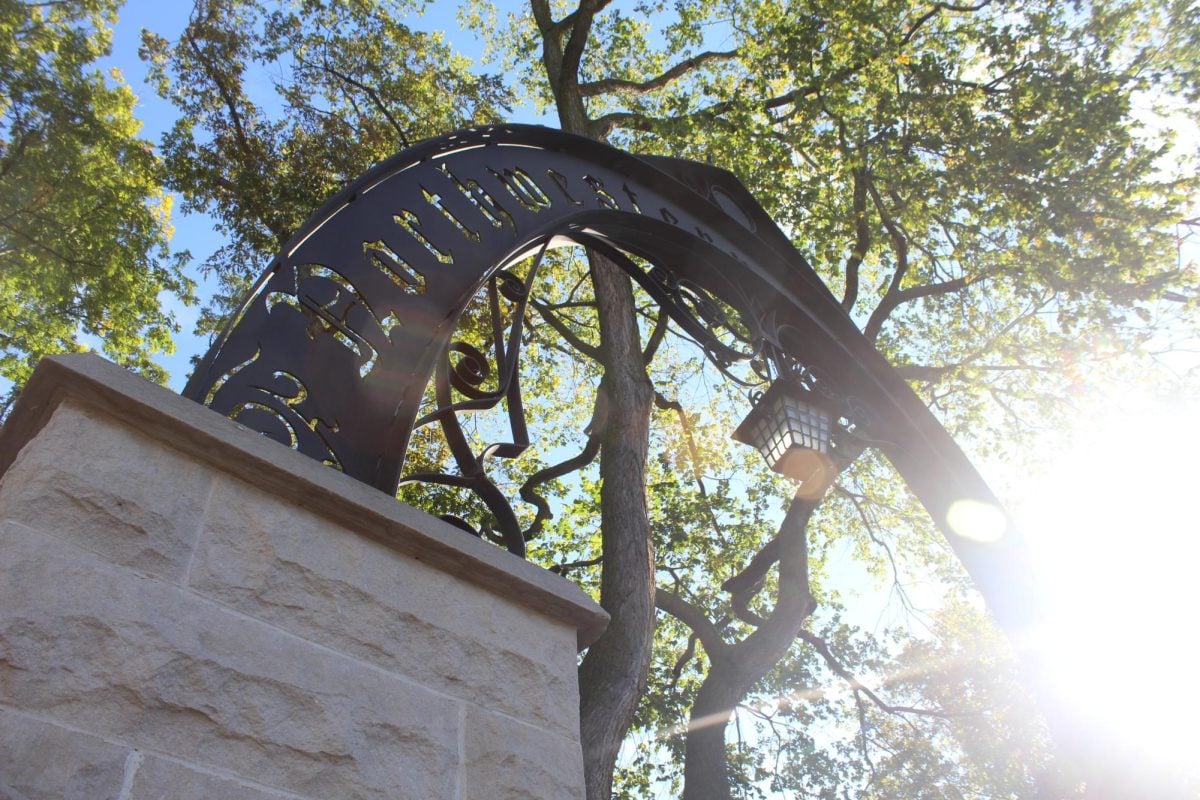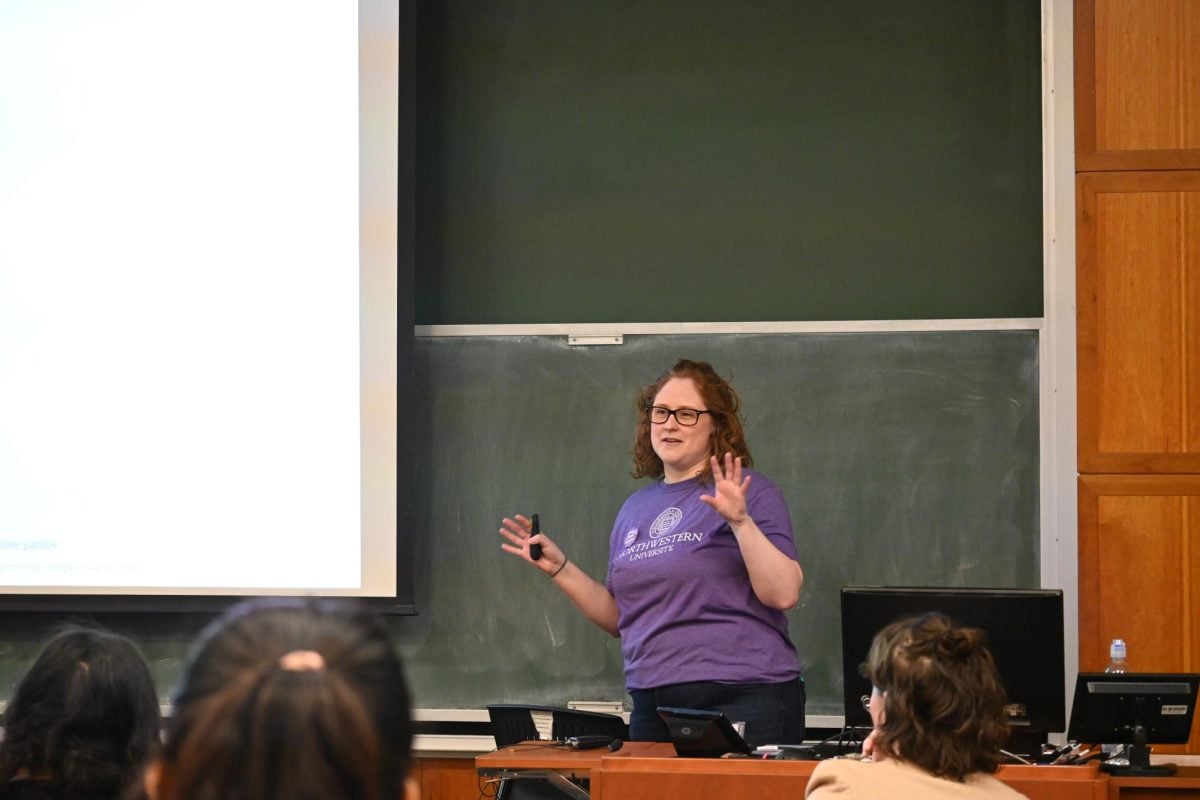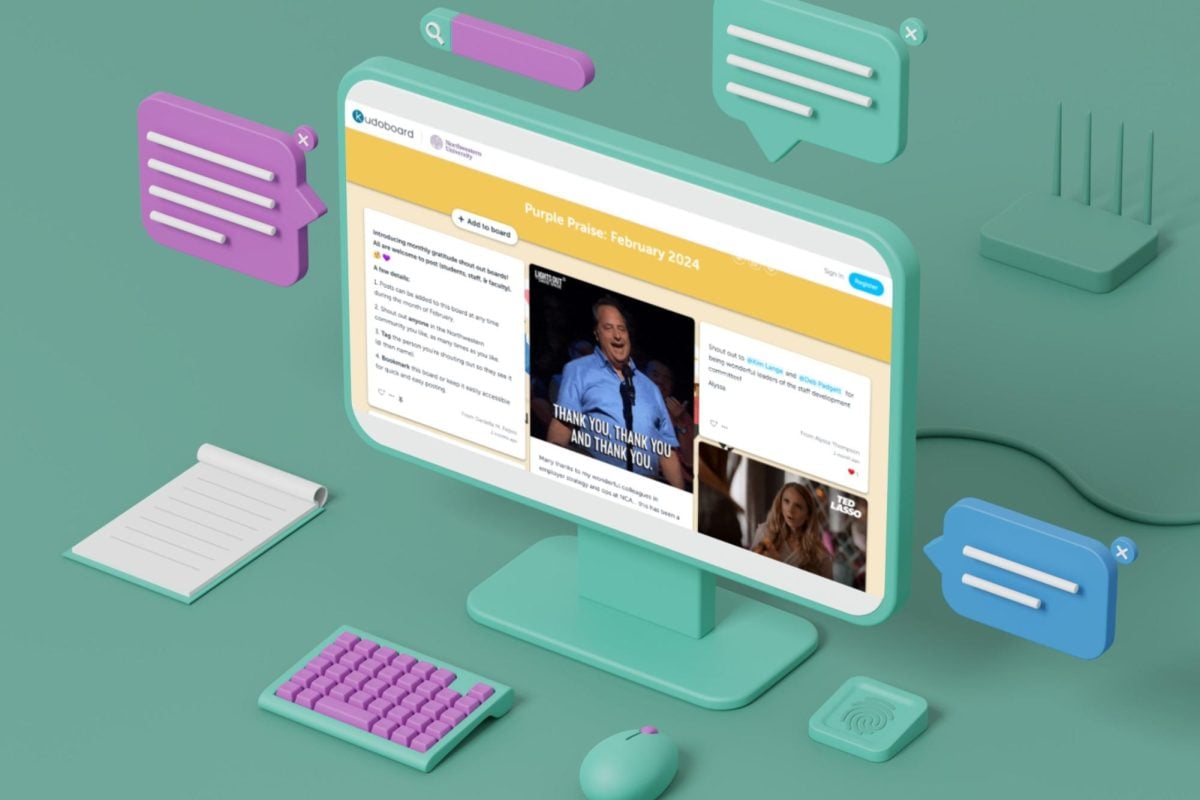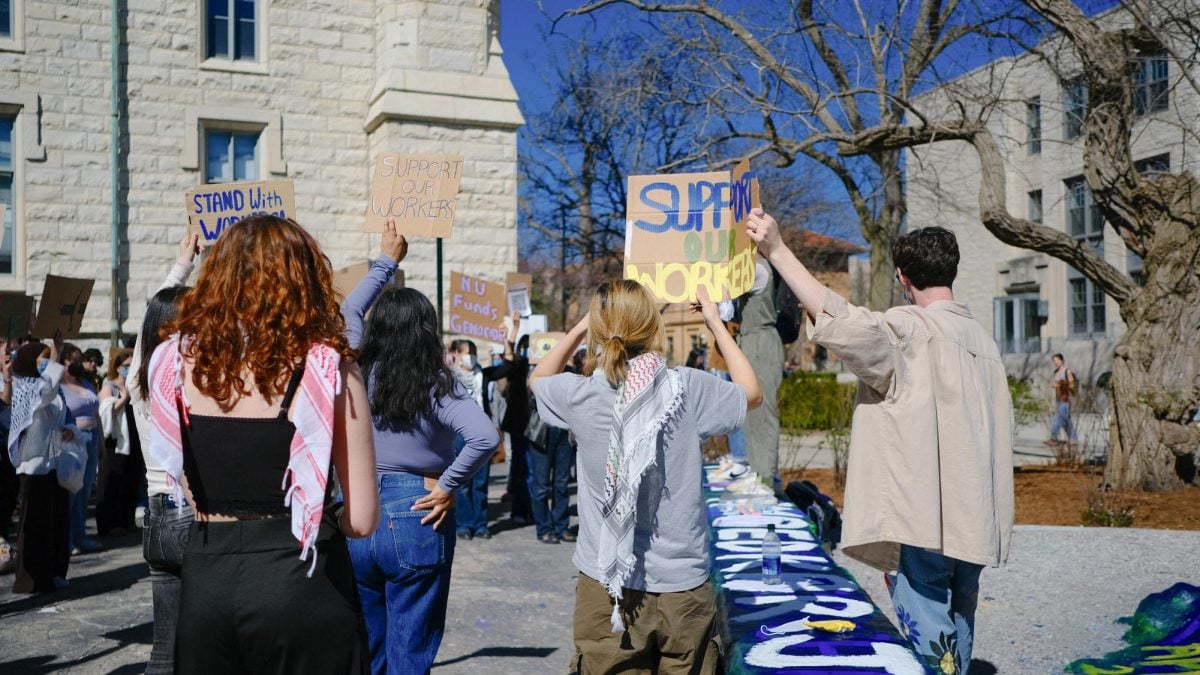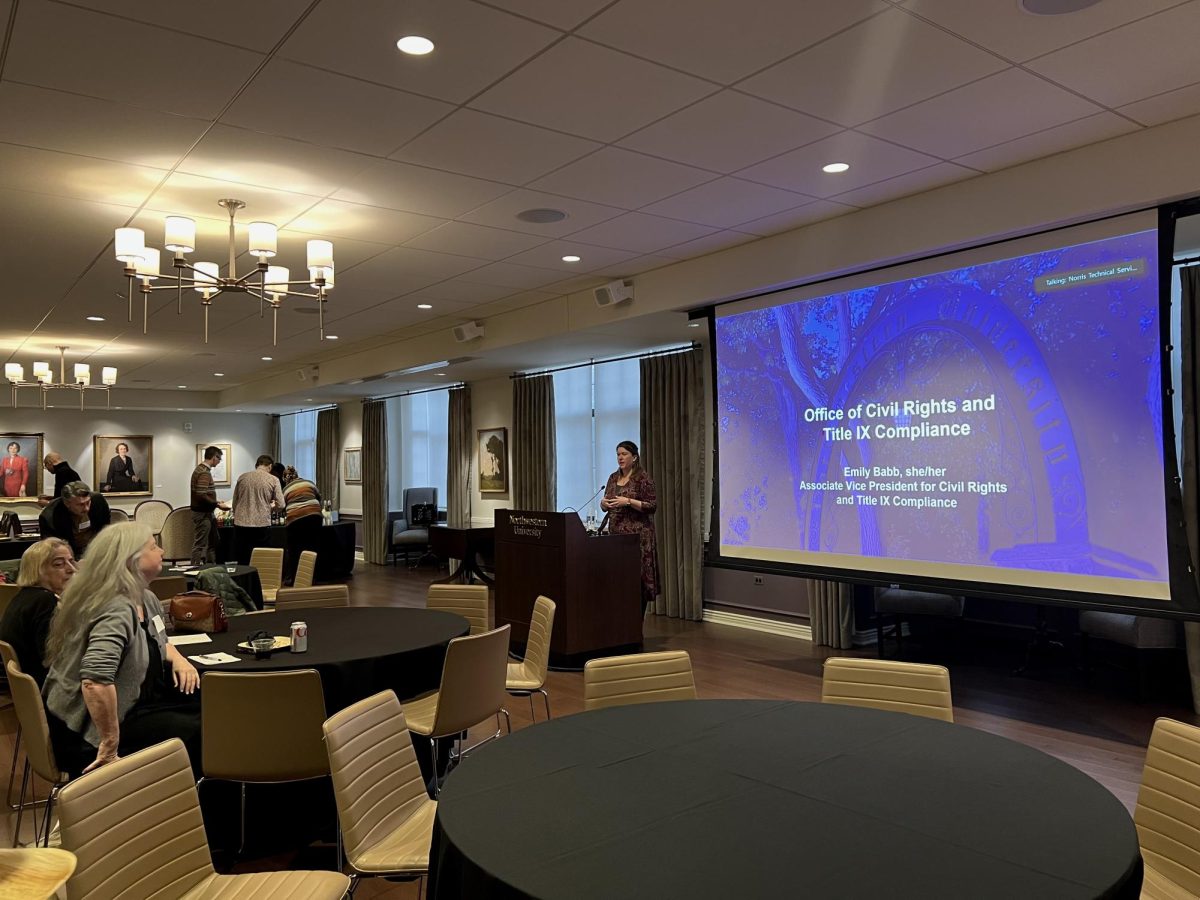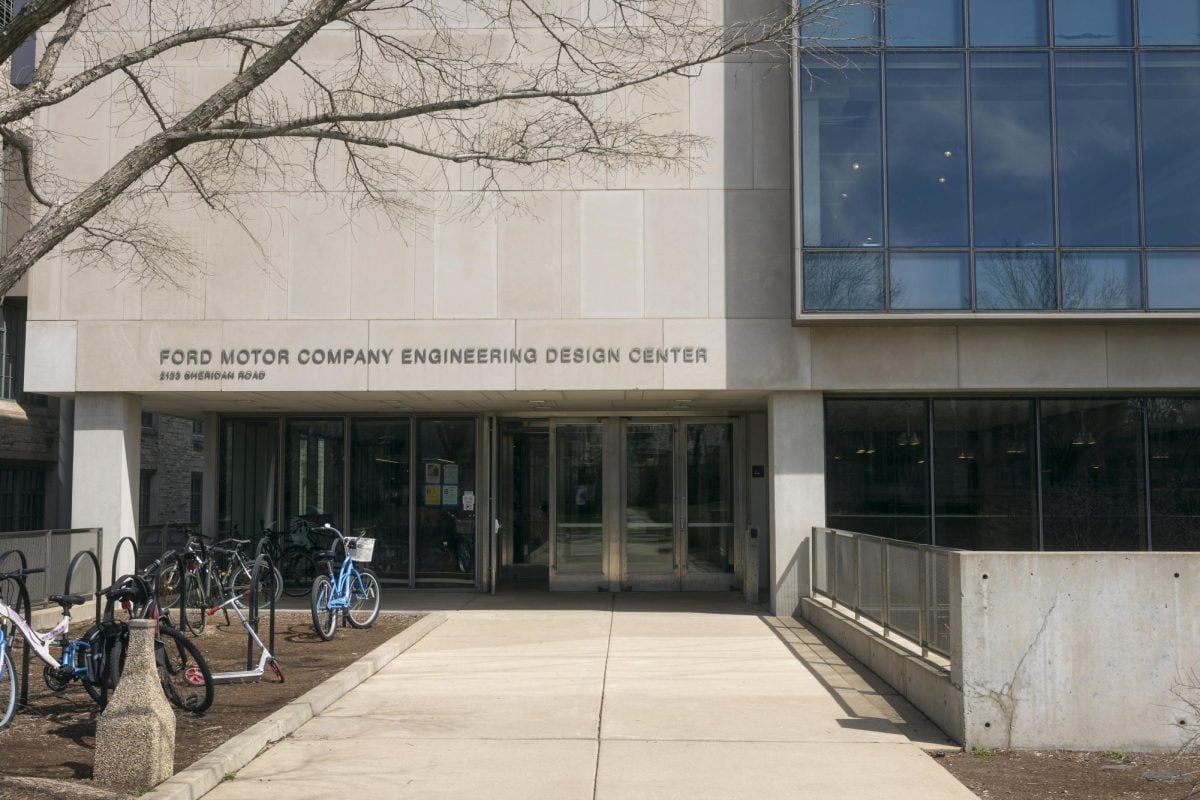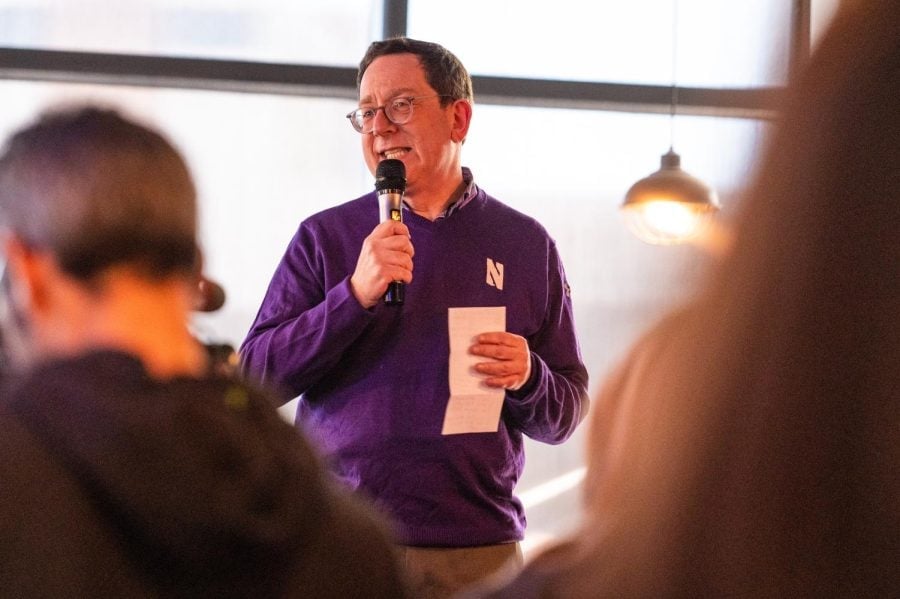After three years of investigation, The Chicago Tribune published evidence Saturday that Illinois state politicians influenced admissions at the University of Illinois at Urbana-Champaign for prospective students with relatives connected to the politicians.
U of I, the state’s “flagship” school according to the Tribune, draws many in-state applicants, including current Northwestern students.
“It’s shocking, but it’s not bad that it’s publicized,” said Kathryn Ikenberry, a Weinberg sophomore and former U of I applicant. “It’s in the past, and it’s a good thing they released the names to show that they aren’t trying to cover it up.”
Ikenberry has strong ties to U of I. She said not only did she used to live in Champaign, but her grandfather, Stanley Ikenberry, served as University President from 1979 to 1995. She also said her father, David Ikenberry, was a former Professor of Finance, Associate Dean for Executive Programs and Chair of the Department of Finance.
Ikenberry said she did not think either her grandfather or her father had to deal with the admissions problem.
“It was their business, but they didn’t really talk about it,” Ikenberry said. “The admission scandal happened after my grandpa left office.”
Ikenberry said she applied to U of I because she used to live in Champaign, Ill. She said she considered the school because of its proximity to her home, its strong community and academic rigor, but she chose NU because she wanted “something new.” Ikenberry said she does not believe it is common for U of I students to be accepted through means other than the standard admissions process.
“Many of my high school friends go there now,” Ikenberry said. “But I know no one who got in based on political influence.”
NU admissions officers could not be reached for comment. Dean of students Burgwell Howard and University spokesman Al Cubbage declined to comment.
The Tribune first investigated the influence of politicians in admissions in 2009, after which U of I changed its admissions process by eliminating “Category I,” a secret admissions procedure that accepted students with generally lower grades and standardized test scores than the rest of the admitted pool of applicants.
“This all is old news,” said U of I spokesman Thomas Hardy. “The story goes back three years. The University regrets any incident where the admissions decision may have been inappropriately influenced.”
Hardy said in 2009, U of I cooperated with the commissions board to implement admissions reforms. He also said U of I instated a new board of trustees that enacted new admissions policies, which included doing away with Category I.
“We have established fire walls for outside influences,” Hardy said.
Since 2009, Hardy said no outside influences have affected student acceptance to the University.
According to the Tribune article, the newspaper’s investigation determined the identities of about one fourth of the 800 students who benefitted from admission preference from 2005 to 2009, and identifed the elected officials with whom they had connections. The Tribune based its investigation on U of I records kept by the University’s governmental relations office.
The office maintained records of specific instances of advocacy made by politically affiliated individuals. The Tribune then paired the applicants with the political individuals who petitioned for them, finding that some of the applicants had relatives who consistently donated to the individual’s political programs, or were financially or personally linked.
“I’m surprised,” U of I freshman John Denlinger said. “I know the Illinois government has a bad situation. I don’t know why they would help students get into a school.”
The Tribune interviewed a few of the individuals who made inquiries about students, and some of them did not think they “crossed the line,” as Hardy said in the article, in helping with the admissions process.
For instance, the article stated that Rep. Lou Lang (D-Skokie) contacted U of I on behalf of his former college roommate’s student, who had a good academic record. The student was accepted, and Lang claims no preferential admissions caused this, according to the article.
“They have a lot of applicants with very few spaces,” Lang said in the article. “It’s very hard for our state students to get into our state university. As a Legislature, maybe we ought to look at that.”
Other U of I students said they were familiar with rumors of bolstered admissions, but not necessarily from politically affiliated individuals.
“I didn’t know about the political influence, but I’ve heard rumors of corruptions with admissions,” U of I sophomore Emily Burch said. “I mean, going to such a big campus with so many alumni and such a high standard, there is no doubt there will be corruption. I’m against it, obviously. I worked my butt off to get into this school and it’s not fair that students without the grades can get in.”


